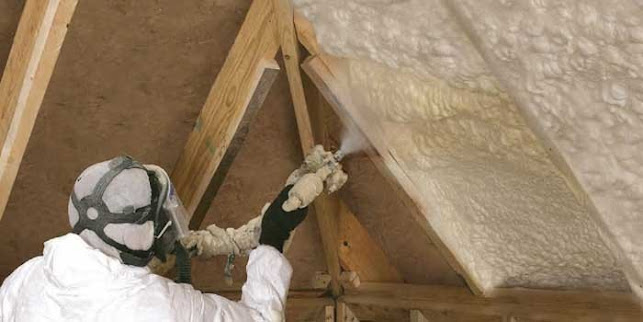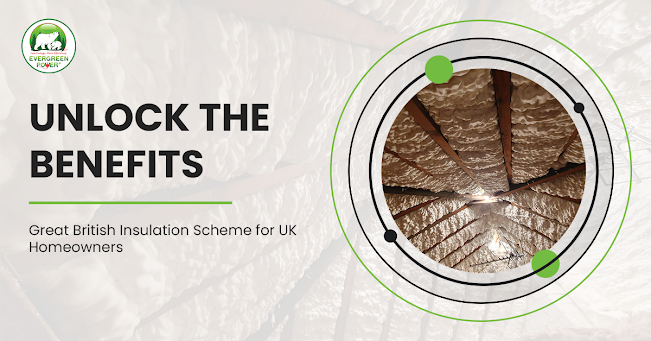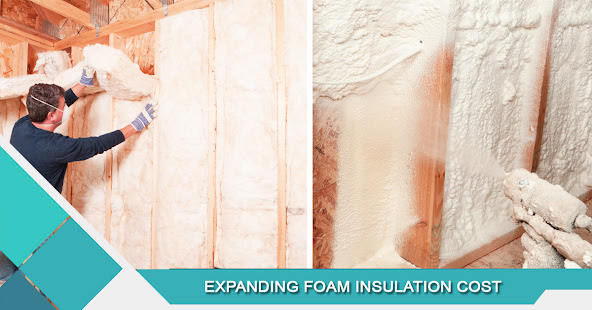Spray Foam Insulation – High-Performance Thermal Envelope
To build your home energy-efficient, it is important to lower energy loss with the help of a high-performance thermal envelope. Unlike fiberglass insulation, Spray foam loft insulation is a better choice when it comes down to picking the right insulation package for your home. It saves huge energy bills and cuts down on utility bills.
Several studies by the U.S. Department of Energy
have reported air penetration through various openings causes a 40% loss in
your home’s energy. The buildings that are having spray-on foam insulation
offers 50% protection.
Spray foam insulation also protects your home through a thermal
envelope.
Thermal Resistance
The R-value refers to the heat flow to thermal
resistance. The spray loft
insulation product contains an exorbitant amount of R-value. The
product becomes super-effective. The R-value may increase when the insulating
material becomes thick. While measuring thermal resistance, the air
infiltration and air exfiltration are not taken into consideration. Closed-cell
foam insulation, polyurethane is one such closed-cell foam insulation product
that has low-conductivity gas in its cells. As the product has high thermal
resistance to gas, polyurethane insulation has an R-value of 5-6 per inch.
Fiberglass insulation comprises an R-value of 2-4 per inch.
The Spray insulation foam has an important
ability to make an air seal by developing a custom airtight envelope in the
building structure. The benefit of air sealing is that it restricts the
transfer of heat in the summer months and reverses in the winter months.
Because the heat from the building cannot escape through the openings, as there
is not enough movement of air.
Spray-on Foam insulation can block all heat
transfer
Transfer of heat through conductive methods – When thermal energy from a substance flows from
an upper region to a lower region.
Transferring of heat radiant methods – The other elements absorb the heat energy
visible in the warm surfaces. This happens when these other surfaces emit low
reflectivity.
Heat transfer through convective methods – The heat that develops somewhere else and
supplied through various atmospheric means like air and water.
How does it work?
Spray insulation UK comprises two-part while spraying. One has two
55-gallon drums containing urethane material, and the other has water blowing
agent.




Comments
Post a Comment